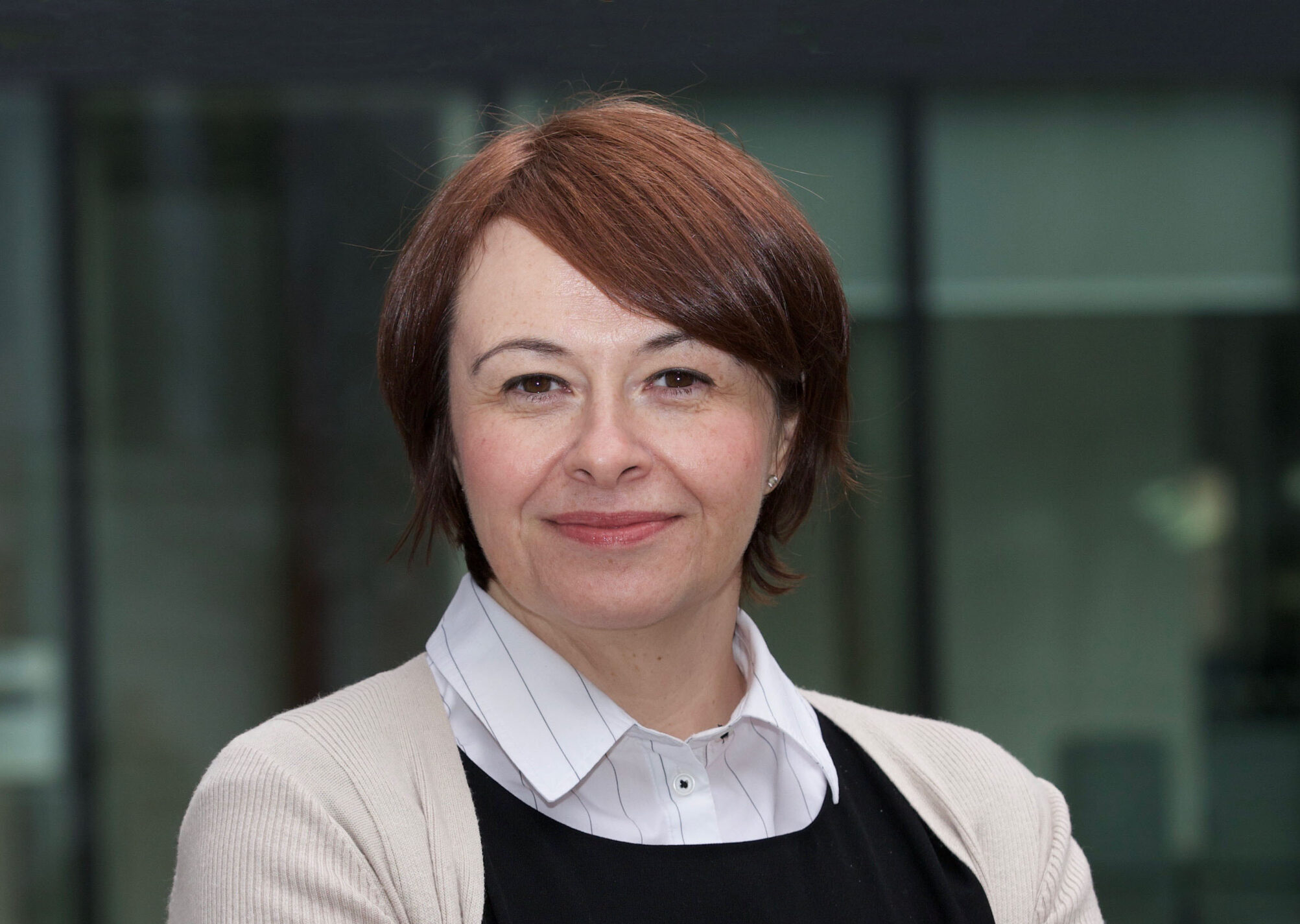Scotland FinTech Festival Wrap-Up: Unlocking answers through comprehensive understanding

Following the conclusion of this year’s successful Scotland Fintech Festival, we spoke to Nicola Anderson, CEO of FinTech Scotland, to find out what her key takeaways of the festival were, and how she sees it demonstrating the importance of the FinTech Research and Innovation Roadmap’ in guiding the industry’s priorities.
Nicola Anderson, CEO of FinTech Scotland, is of the firm view that fintech is supremely poised to solve some of the most pressing challenges we have in society today, from driving change on the climate agenda, to embracing the opportunity that fintech can provide for women and financial inclusion in general. “The breadth and quality of contributions across the full range of festival events has been amazing,” Anderson comments. “The purpose of the Scotland Fintech Festival has always been about definitively showing the vibrancy, connection, collaboration, and the inclusion that we see fintech presenting as an opportunity for the economy in Scotland and across the UK – and I think the festival has demonstrated that.”
Anderson is encouraged that the festival has promoted the interests of fintechs based in Scotland by helping reignite relationships and networks, allowing participants to hear different perspectives and views. “If you look at some of the speakers and across the events, they are from both UK-wide and global institutions. This shows how connected the Scottish fintech cluster continues to be across the world, and how interested people are in coming to hear what we have to say,” she points out. The festival aims to shine a light on fintech innovation and the opportunity that fintech presents for Scotland’s economy. This sentiment was further strengthened by the launch of a new £150 million Investment Fund for Scotland by the British Business Bank to help unlock additional funding to help smaller businesses to prosper and thrive.
“We’ve experienced purposeful action plans coming from the meetings and discussions across the Fintech Festival,” says Anderson. She provides a couple of examples, including the Scottish government’s drive behind an action plan that will enable fintech for exports. In addition, the focus of discussions on the impact of data and AI on the future of finance and climate. This demonstrates that the FinTech Research and Innovation Roadmap’ is the right vehicle to advance innovation in the financial services sector. It calls on the importance of data, AI and technologies to drive change and innovation.
Anderson also feels that the UK is starting to realise the benefits from some of the recommendations outlined in the Kalifa Review. This is shown through the relationships FinTech Scotland has created with the Centre for Finance, Innovation and Technology (CFIT) around work on finance data, as well as the team behind the UK FinTech Growth Fund involved and participating at the Festival showcasing investment opportunities. “It emphasises how important it is to connect the regions as per the Kalifa Review,” she notes.
What should the Scottish FinTech sector focus on next? “We have an opportunity to drive growth by focusing on those fintechs that are starting to scale,” she underlines. “We also need to focus on continuing to build relationships across the financial services ecosystem and cluster towards an inclusive environment that allows participation and collaboration between big and small entities, as well as connecting internal experts and inviting international perspectives to help us develop and grow.” In fact, there was great international representation across the festival involving delegations from China, as well as sessions focusing on the markets in the US.
“This year’s festival was a great success, and it underlines why I continue to be inspired to work at FinTech Scotland,” she concluded. “It’s about business growth, problem solving, collaboration, and innovation with purposeful intent. And most importantly, it’s about driving responsible change and outcomes that will serve society, and the future economy.”



